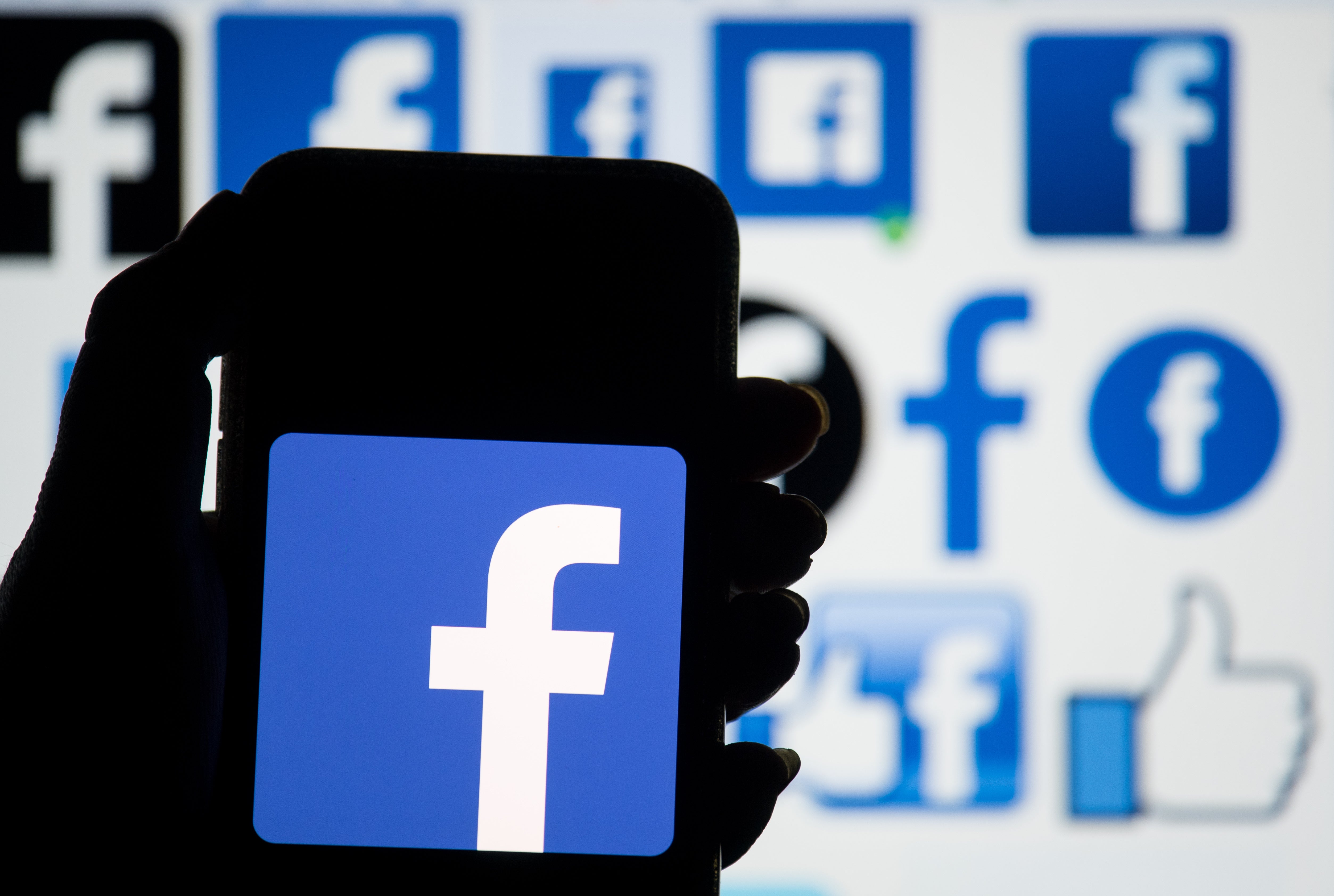The Independent's journalism is supported by our readers. When you purchase through links on our site, we may earn commission.
Clickbait, conspiracy theories and hate speech: Facebook has become a hellscape – and there’s no way out
In its desire to control the entirety of information flow on the internet, Facebook has instead created an alternative world: one that bears little resemblance to reality


A few days ago, I had to log in to Facebook in order to wish a relative a happy birthday. Like most millennials, I rarely use the platform other than to keep in touch with some family and friends, or look for secondhand furniture in the local marketplace.
My account hadn’t been used for close to a year. Logging in required me to change my password, verify my identity through a defunct email address, and agree to three different sets of terms and conditions. Sending a birthday message should have been simple. After all, part of Facebook’s appeal when I first signed up for an account in 2008 was its cleanness, its uniformity, its ease of communication – a far stretch from the clutter of Myspace and Bebo.
Yet, for close to half an hour, I scoured a friend’s Facebook page – which was covered in articles from fake news websites, gambling ads and scores from Facebook games he’d been playing – to look for a place to send a public message. I also wasn’t sure if he was still using his Facebook account, as neither the posts or pictures on his Facebook wall were listed chronologically, while some of the posts, shared from other accounts and groups, seemed uncharacteristic of him, implying that his account might have been hacked.
This weird arrangement of posts, videos, shares and likes weren’t just limited to his account either – it had happened to my dormant account too. Browsing through my profile, I found that my Facebook feed had been filled with updates from Facebook groups I had no memory of joining: some of which had changed from meme pages and local community groups to pages advertising cryptocurrency scams, pyramid schemes aimed at stay-at-home mothers, deepfake gifs of celebrities, and strange viral videos (including a video of a woman making cocktails in a toilet bowl) that had received tens of thousands of views.
The Facebook I had joined in my late teens and documented my early twenties in – the one that was instrumental to forging my friendships and relationships – was long gone. Instead, I found myself in a weird digital dystopia: one that contained fragments of my past but was enmeshed in an amalgamation of strange and bizarre content that bore no resemblance to my current life at all.
It turns out that this problem is extremely common for Facebook users. News headlines often focus on Facebook’s political effects – from misinformation and promoting extremism, to its scant regard for the protection of user data. But, on a superficial level, Facebook as a platform… sucks.
As a recent Forbes article, in which the writer Paul Tassi struggles to figure out why he’s seeing and reading content that he was neither tagged in nor subscribed to, puts it: “It’s just a very, very exhausting and irritating platform to consume and utilise … It’s increasingly useless for what it was originally intended to be.”
Facebook’s mess is partly the result of its dependence on automation, and having a penchant for changing and altering its content recommendation algorithms. In 2015, Mark Zuckerberg announced that the platform would be concentrating its resources on video-based content, leading to news websites restructuring, laying off thousands of people to make way for a video revolution that never happened.
A few years later, realising that the strategy to become a news publisher was doomed to fail, the platform attempted and failed to launch a cryptocurrency, before trying to once again restructure its news feed, focusing on “groups” and “social connectivity” rather than news and entertainment. Its restructuring meant that an automated algorithm would recommend content it believed a user’s close friends were engaging with – perhaps a good idea in theory, but one that failed in practice, as the platform’s content creators realised they could easily manipulate views and shares by posting videos across an unlimited number of pages of their own.
It might be easy to dismiss Facebook – to assume that, like Myspace, Bebo and Friendster before it, the platform will die a quiet death as we move on to different ones, or even get off social media entirely. But, while Facebook’s user experience might be disorientating, it still remains the biggest social media platform in the world, with close to 3 billion daily active users, most of whom use it as their primary means of social communication.
That also means a large number of those users – hundreds of millions – will be instantly exposed to content that is specifically designed to trump Facebook’s recommendation algorithm, and have often been promoted to the top of the feed through artificially inflated social media metrics. Sometimes, this content might be weird, but overall it is made up of harmless viral videos and images.
To keep up to speed with all the latest opinions and comment sign up to our free weekly Voices Dispatches newsletter by clicking here
Yet, as the digital culture journalist Ryan Broderick has pointed out, it’s just as likely that these users will be exposed to swathes of misinformation, conspiracy theories, and clickbait designed to evoke outrage – even all-out hate speech that is difficult for Facebook to take down, not least because its own infrastructure incentivises it to be shared across dozens of other groups and pages simultaneously.
To put it simply: Facebook’s relentless pursuit of scale, to enshrine itself as the world’s largest social media platform, with the biggest number of users, has resulted in it creating a hellscape that it now depends on to survive.
No matter how many rebrands, tweaks or virtual reality overhauls Facebook tries, it is unlikely to ever regain its reputation of being a progressive, forward-thinking social media network. In its desire to control the entirety of information flow on the internet, Facebook has instead created an alternative world: one that bears little resemblance to reality, and that can easily be gamed by deploying bots and outsourcing to click farms or by scammers and users who know how to manipulate its algorithms to get views and shares.
While it may survive for longer than its predecessors, Facebook is incapable of being the digital representation of one’s social life, as it once presented itself to be over a decade ago.

Join our commenting forum
Join thought-provoking conversations, follow other Independent readers and see their replies